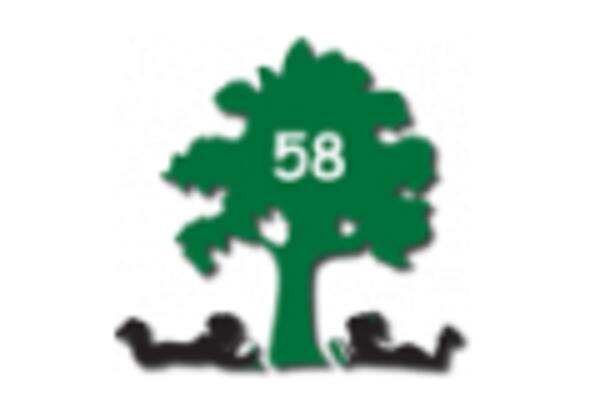
Dear District 58 families,
In April of this year, our students in grades 3-8 will complete the Illinois Assessment of Readiness (IAR), which replaces the PARCC as our state-mandated assessment. I am writing to you once again to ask for your partnership and support as we approach this experience with the students of District 58.
IAR background Each spring, students in grades 3-8 are required by the Illinois State Board of Education to participate in a statewide performance assessment. This year, that assessment is called the Illinois Assessment of Readiness. While it has a new name, the actual test questions will be taken from the same PARCC bank of questions that has been used over the past five years. This helps to ensure that student growth measurements are valid, and we know that the questions are aligned to the Illinois Learning Standards. Our math and reading curricula, and therefore our student learning experiences, are also aligned to the Illinois Learning Standards. This year’s assessment is nearly one-third shorter than last year’s, which is good news for our students.
The ways we can support our children It is our responsibility to prepare our students for success and to ensure that their learning is robust and complete, and that they are able to demonstrate their skills when asked. Over the next few weeks, you may hear of your children seeing sample test items and reviewing the online assessment tools. This is one step in ensuring that our children are able to “show what they (truly) know” and will be embedded within regular instruction; we will not be “teaching to the test” because our instruction is already aligned to the same standards. The IAR is not a test students can study for, but there is value in familiarizing our students with its structure, format and questioning style nonetheless. In fact, the steps we will take in preparation for the IAR assessment will reinforce skills that are valuable for our students in a number of ways. For example, considering how we read and respond to detailed questions and learning how to become familiar with new ways that we can digitally interact with material are both beneficial experiences for all students regardless of an upcoming specific assessment.
Alongside that preparedness, we will continue to collaboratively create a culture of positive effort around this assessment. Our approach to the IAR continues to be “can-do” rather than “must-endure.” As with any other assessment, all we ask is genuine best effort; we know that our students are strong, persistent and capable. I am again asking your support in encouraging your children to approach the IAR with the same rigor and investment that they would approach MAP or any other in-school task. The words and attitudes experienced at home in discussing this assessment are powerful, and they will have a direct impact on students’ own feelings toward the IAR. We again count on you to partner with us as we ask students to simply do their best; we can together minimize anxiety as we maximize the opportunity for students to demonstrate their true abilities.
Your individual teachers and principals will share specific testing dates with you so that you are aware of the days your child(ren) will be taking the IAR. If you are interested in further understanding the student IAR assessment experience, you can view this video (click the link to play). Though the video still references “PARCC,” the assessment platform is identical for this year.
The impact of your support is tangible You will recall in October of 2018, the state awarded each District 58 school a rating of either “Exemplary” or “Commendable.” The IAR is the only academic data used to calculate these ratings. The same legislation that yields those ratings mandates a 95 percent participation rate at each school for the IAR; this comes from both the federal and state levels. Beginning last year, schools that do not reach 95 percent participation for consecutive years will not be eligible for “exemplary” ratings; further, achievement scores for schools that do not meet the participation threshold are averaged against the number of students who *should* have taken the assessment, rather than those who actually completed the IAR. In short, failing to reach 95 percent participation causes a tangible, concrete impact on our schools, and underscores the importance of supporting your child’s participation in this mandated assessment.
Thank you I appreciate your investment in your child’s education, and thank you for your continued partnership. I am available to answer any questions you may have, and again look forward to your support in modeling a responsible and engaged approach to the IAR this April. We know that no assessment is perfect, and that no one piece of data can fully capture the entirety of student achievement. However, we owe it to our students and our community to present our best selves to this assessment - and by extension - to all who will see the future results.
Sincerely,
Justin Sisul
Assistant Superintendent for Curriculum and Instruction
